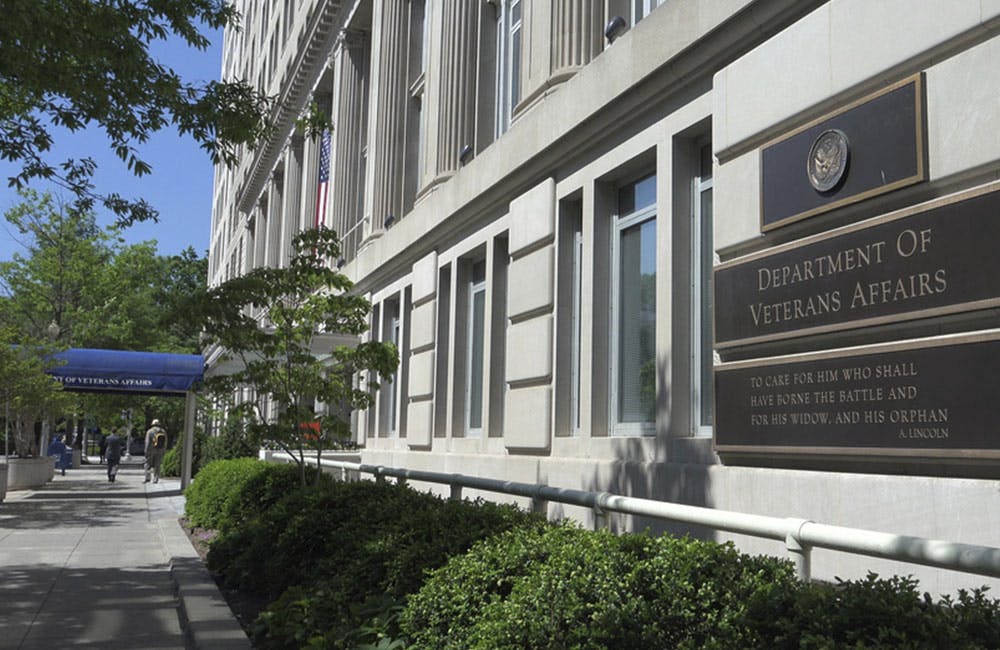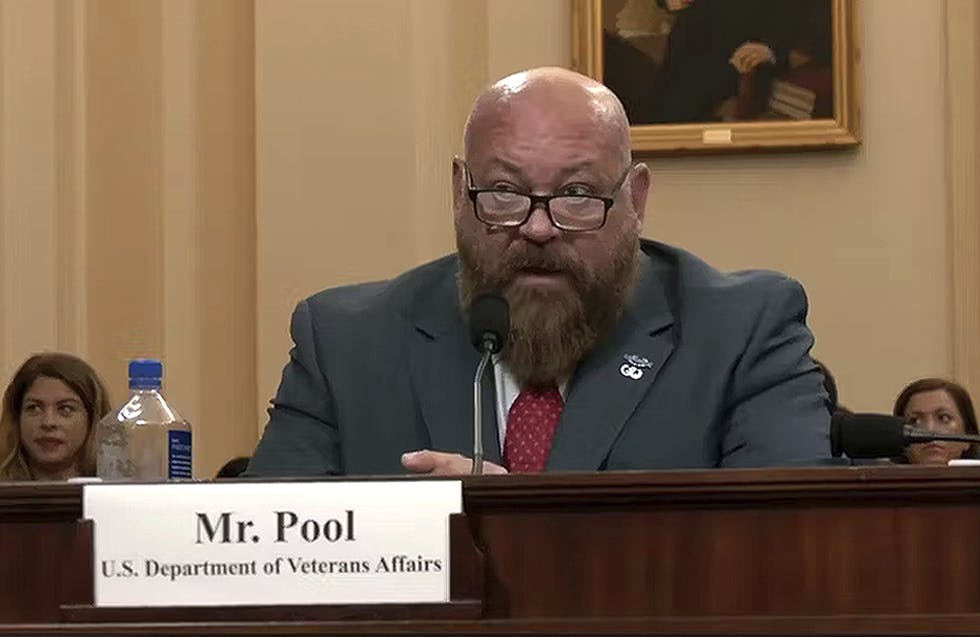Chris Inglis Assumes Nation’s First Top Cyber Post
The Air Force and NSA veteran is charged with implementation of Biden’s recent cyber executive order.

The Senate unanimously confirmed John “Chris” Inglis as the first National Cyber Director last Thursday as major cyberattacks continue to pummel the nation’s critical infrastructure following the COVID-19 pandemic.
Congress created the position in the National Defense Authorization Act (NDAA) of 2021, per a recommendation from the Cyberspace Solarium Commission. President Joe Biden nominated Inglis to the position April 12.
The White House expects Inglis to spearhead implementation of Biden’s May 12 Executive Order on Improving the Nation’s Cybersecurity, which aims to improve federal agencies’ cyber strategies, root out vulnerabilities in the IT supply chain and facilitate better information-sharing regarding major cyberattacks.
Inglis’ confirmation comes not a moment too soon as cyber experts repeatedly called for a “cyber czar” to lead the nation’s cyber strategies over the past year as cyberattacks accelerated during the COVID-19 pandemic.
Trey Herr, who leads the Cyber Statecraft Initiative under the Scowcroft Center for Strategy and Security at the Atlantic Council, said a national cyber director will have the opportunity to develop relationships with cloud service providers (CSPs) to improve the entire IT ecosystem’s approach to cybersecurity.
“This is an opportunity for the national cyber director to not only rationalize behaviors, but also support them and empower partners across the fed enterprise,” he said at a March security event hosted by GovernmentCIO Media & Research. “The national cyber director office size, 75 staff, means there are opportunities to build clusters of expertise and build out networks outside the federal government.”
In an interview on CyberCast, Cyberspace Solarium Commissioner Suzanne Spaulding said the U.S. needs a national cyber director to serve as a “quarterback” for U.S. cyber efforts.
During a House Oversight & Reform hearing last summer, members of both parties unanimously agreed a national cyber director was necessary and that creating the position would not create more bureaucracy bloat.
Inglis graduated from the Air Force Academy in 1976 and served in the U.S. Air Force until 2006, when he assumed the role of deputy director for the National Security Agency (NSA). Since 2015 he has served as a distinguished visiting professor in cybersecurity studies at the Naval Academy.
During his nomination hearing, Inglis said addressing the recent surge in malicious cyber activity requires immediate action and oversight, emphasizing his commitment to the mission of the role.
“It will not stop of its own accord, it is not a fire raging across the prairie that once it’s consumed the fuel it will simply stop and we can simply wait for that moment, we must stand in,” Inglis said. “It will never go away completely, but we can bring it down, we can bring it to heel significantly.”
This is a carousel with manually rotating slides. Use Next and Previous buttons to navigate or jump to a slide with the slide dots
-

NSF Wants Industry Driving Quantum Innovation
The agency is pushing for partnerships to enhance the research community as Congress weighs additional legislation.
3m read -

White House Science Chief: US-Driven AI Sets Global Standards
Michael Kratsios outlined how American AI technology on the global stage will help standardize the tech and counter China’s influence.
5m read -

Modernizing Critical Infrastructure in the Face of Global Threats
Officials are expanding the latest strategies in boosting defense infrastructure, including securing satellite communications, upgrading enterprise-wide technology, optimizing data management.
20m watch -

Trump AI Orders Call for Speed in Building Infrastructure
The directives call for expanding AI infrastructure, streamlining federal permitting and promoting AI exports.
4m read -

DOD Accelerates Software Modernization with Agile DevSecOps Push
The Pentagon's software implementation plan tackles cultural hurdles and integrates security early to deliver critical capabilities faster.
6m read -

White House Unveils AI Action Plan to Secure Global Dominance
The strategy outlines steps to accelerate private sector innovation, build critical infrastructure and advance U.S. leadership in AI policy and security.
3m read -

VA's Platform One Powers Rapid Innovation to Bolster Digital Services
VA's Platform One accelerates software development timelines from weeks to hours, ultimately enhancing digital services for veterans.
5m read -

Federal Leaders Receive Federal IT Efficiency Flywheel Awards from GovCIO Media & Research
Five federal IT leaders received Flywheel Awards for driving innovation and modernizing technology at the Federal IT Efficiency Summit.
5m read -

Doing More with Less is Muscle Memory for IRS, Former Deputy CIO Says
Darnita Trower discusses her experience, the legacy she’s left behind and how she pushed the IRS to modernize itself,
20m watch -

Opinion: Original Intelligence Is the Missing Piece for AI Transformation
Limitations of AI agents and development drive growing needs for workforce development and "original intelligence."
3m read -

VA CIO Targets Modern IT and Smarter Workforce Alignment
Agency leaders told lawmakers they are focused on trimming legacy systems and restructuring its workforce to streamline operations.
3m read -

Pentagon's $200M AI Contracts Signal Broader Effort to Transform Talent
The Army is leveraging Silicon Valley, reservist programs and new hiring strategies to integrate critical digital skills in its ranks.
5m read
















